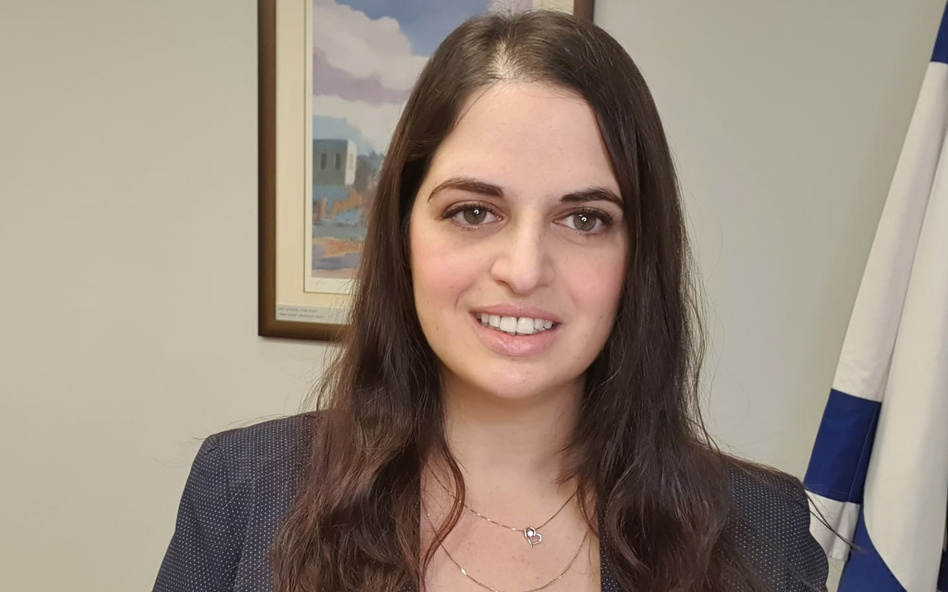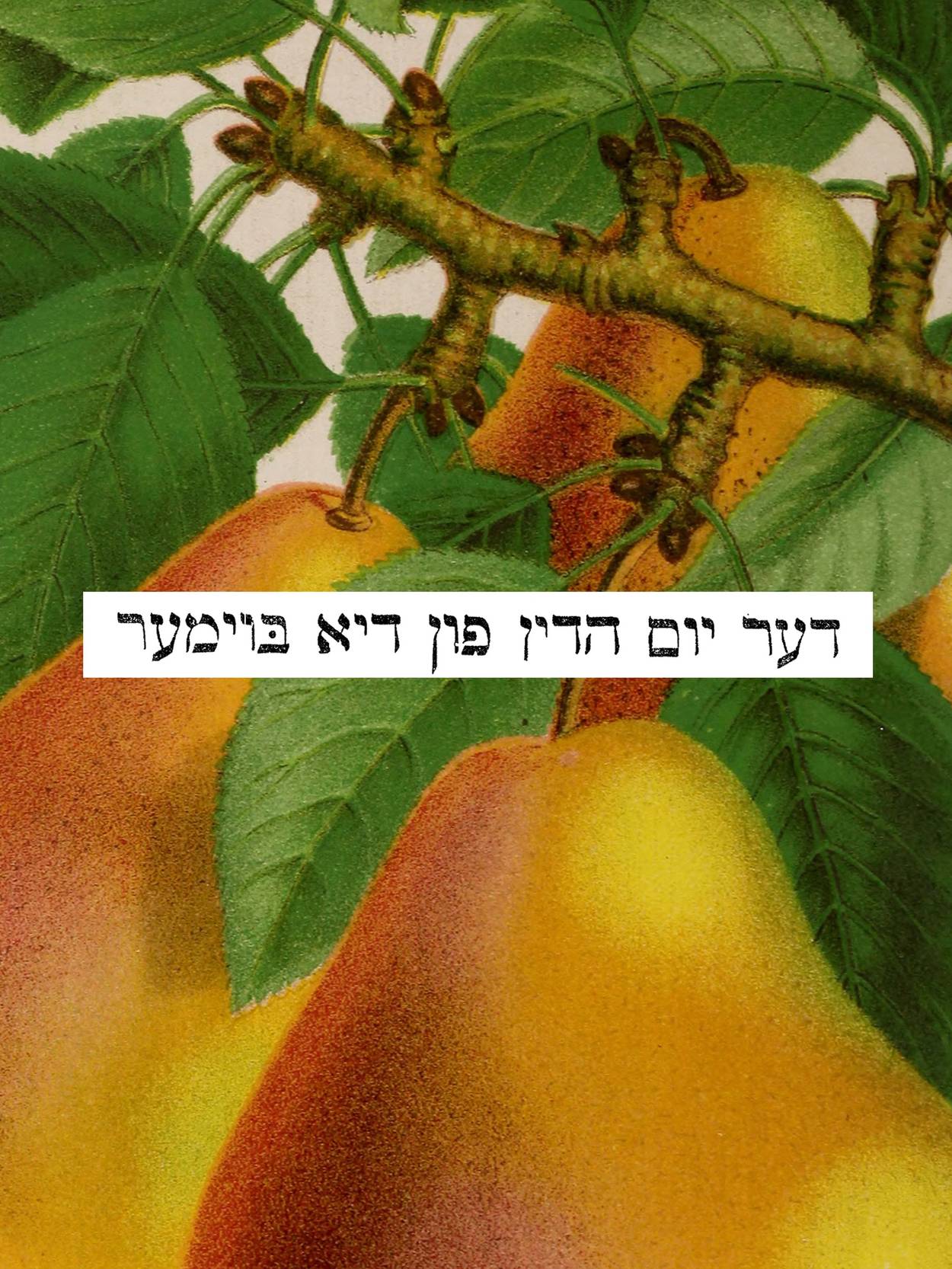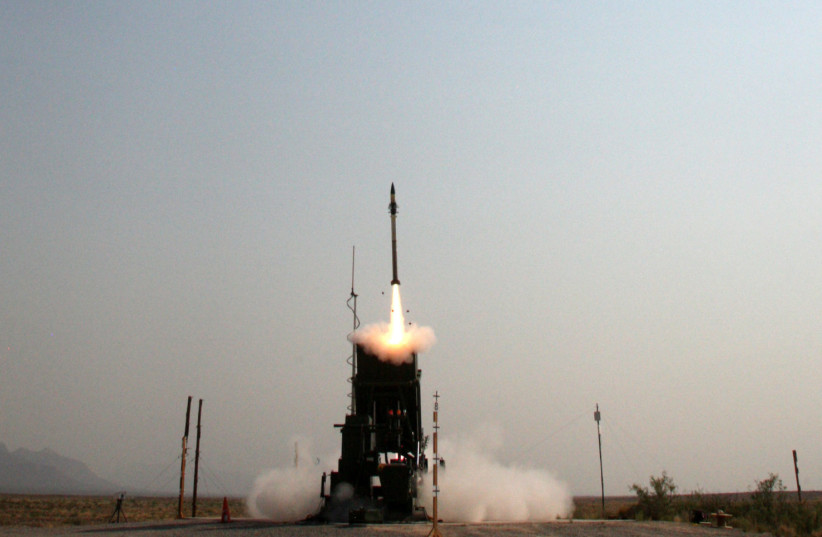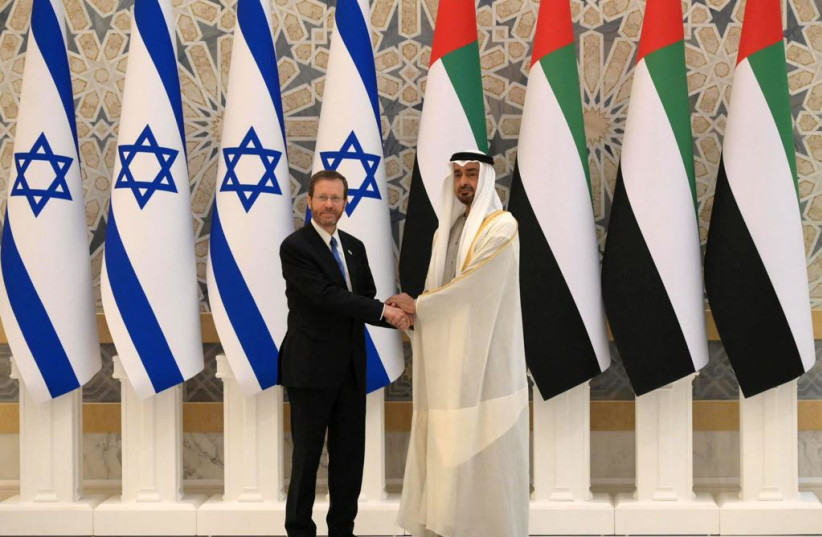 Tal Ben – Ari Yaalon: Cała prawda o raporcie Amnesty International
Tal Ben – Ari Yaalon: Cała prawda o raporcie Amnesty International
Tal Ben – Ari Yaalon
Zarzuty Amnesty International wobec Izraela są oparte na błędnych założeniach i fałszowaniu historii – pisze chargé d’affaires ambasady Izraela w Polsce Tal Ben – Ari Yaalon.
.

W swoim raporcie Amnesty International szkaluje Izrael w nadziei, że jeśli pewne stwierdzenia powtórzy się wystarczająco wiele razy, w końcu do niego przylgną. Prawda jest jednak taka, że Izrael od początku opiera się na wartościach demokratycznych i otwartości, w tym otwartości na krytykę. Ta otwartość nie obejmuje jawnego obrażania. Żaden kraj nie tolerowałby takiego przeinaczania faktów o sobie, wzywam więc Amnesty do wycofania tego zwodniczego raportu, choćby po to, by uratowało swoją reputację.
Równość niezależnie od wyznania
1 lutego Amnesty International (AI) wystrzeliło kolejną salwę w wojnie ideologicznej wymierzonej w Izrael. Londyński oddział organizacji przygotował raport mijający się z prawdą, pełen przeinaczeń i stwierdzeń nie podpartych dowodami. Powiedzieć, że jest on „stronniczy” lub „niesprawiedliwy” nie oddaje w pełni skali związanych z nim problemów.
Jednym z wielu podstawowych błędów raportu jest łączenie izraelskich Arabów i Palestyńczyków, dwóch powiązanych, lecz bardzo różnych grup. AI narzuca niechcianą tożsamość całej społeczności izraelskich Arabów, z których tylko niewielki odsetek określa się jako Palestyńczycy.
Co więcej, codzienność i sytuacja prawna tych dwóch grup jest zupełnie odmienna. Palestyńczycy od dziesięcioleci są rządzeni przez autorytarną Autonomię Palestyńską i organizację terrorystyczną Hamas, podczas gdy izraelscy Arabowie są obywatelami demokratycznego Państwa Izrael, a ich demokratyczne prawa i wolności są chronione w takim samym stopniu, jak innych obywateli. Izrael, jako państwo stabilnej demokracji, zapewnia pełną równość społeczną i polityczną wszystkim swoim obywatelom, niezależnie od ich wyznania czy etniczności.
Jednym z problemów raportu jest decyzja Amnesty, by sztucznie zmieszać te dwie grupy, która jest elementem strategii, by nie tylko oczernić Izrael w sprawie Palestyńczyków, ale też zakwestionować jego tożsamość jako państwa żydowskiego.
Polityczne przesłanki
Izrael powstał jako państwo narodu żydowskiego w 1948 roku z szerokim poparciem społeczności międzynarodowej, częściowo wynikającym z lekcji, którą świat wyciągnął z Holokaustu. U podstaw izraelskiej demokracji zawsze leżała równość, a Państwo Izrael uznaje 15 różnych grup wyznaniowych, chroniąc ich tradycje, święta i miejsca kultu.
Jednak zgodnie z logiką Amnesty International samostanowienie Żydów jest z definicji nieuprawnione. Wymowne jest, że Amnesty nie stosuje tego rozumowania wobec jakiegokolwiek innego państwa. Nie podważa też prawa do istnienia innych krajów zaangażowanych w wieloletnie konflikty.
Gdy sprawa dotyczy Izraela, Amnesty ulega politycznym przesłankom, wbrew swojemu oficjalnemu obowiązkowi dostarczania bezstronnych i wyważonych relacji. Zamiast zbierać wiarygodne informacje, opiera się na doniesieniach z najbardziej wątpliwych źródeł i powtarza propagandę grup terrorystycznych dążących do zniszczenia Izraela. Amnesty wykorzystuje też materiały publikowane przez antyizraelskie organizacje, których celem jest podważanie prawa Izraela do istnienia.
Podwójne standardy
W ostatnich latach reputacja i wiarygodność Amnesty była kilkukrotnie podważana i nie jest zaskoczeniem, że ten raport został sporządzony przez londyński oddział AI. To właśnie ten oddział osławił się swoją ksenofobią, a teraz także antysemityzmem. Wielu jego pracowników wystąpiło ostatnio przeciwko panującej tam atmosferze rasizmu.
Dokument ignoruje też kwestię traktowania Palestyńczyków w innych krajach Bliskiego Wschodu, takich jak Liban, gdzie podstawowe prawa licznej ludności palestyńskiej są ograniczane z mocy tamtejszego prawa. Raport tylko pobieżnie wspomina o drastycznych pogwałceniach praw Palestyńczyków w Strefie Gazy, która od 2007 roku jest rządzona przez Hamas – fundamentalistyczną, dżihadystyczną organizację terrorystyczną.
Zamiast tego AI skupia się tylko i wyłącznie na Izraelu. Choć Izrael nie jest idealny, jest oddany misji wspierania praw człowieka, prawa międzynarodowego i liberalnych wartości, w tym otwartości i równości. Na ich straży stoją wolne media, różnorodna reprezentacja polityczna czy niezależny sąd najwyższy. Amnesty International szkaluje Izrael w nadziei, że jeśli pewne stwierdzenia powtórzy się wystarczająco wiele razy, w końcu do niego przylgną.
Niecały tydzień po Międzynarodowym Dniu Pamięci o Ofiarach Holokaustu AI demonizuje Izrael, przyprawiając mu straszliwą gębę i stosując podwójne standardy. W czasie gdy problem antysemickich ataków narasta na całym świecie, nie do obrony jest wysuwanie tak prowokujących stwierdzeń przeciwko jedynemu istniejącemu państwu żydowskiemu.
Izrael kategorycznie odrzuca zawarte w raporcie zarzuty. Sformułowane zostały w złej wierze, są oderwane od rzeczywistości oraz w oczywisty sposób oparte na błędnych założeniach i fałszowaniu historii. Organizacja, która szczerze wspiera demokrację i prawa człowieka, nigdy nie opublikowałaby takiego raportu. Amnesty International powinno natychmiast usunąć tę rysę ze swojego wizerunku, w przeciwnym razie organizacja będzie tylko dolewała oliwy do ognia antyizraelskiej i antyżydowskiej nienawiści.
Tytuł i śródtytuły pochodzą od redakcji
Zawartość publikowanych artykułów i materiałów nie reprezentuje poglądów ani opinii Reunion’68,
ani też webmastera Blogu Reunion’68, chyba ze jest to wyraźnie zaznaczone.
Twoje uwagi, linki, własne artykuły lub wiadomości prześlij na adres:
webmaster@reunion68.com





